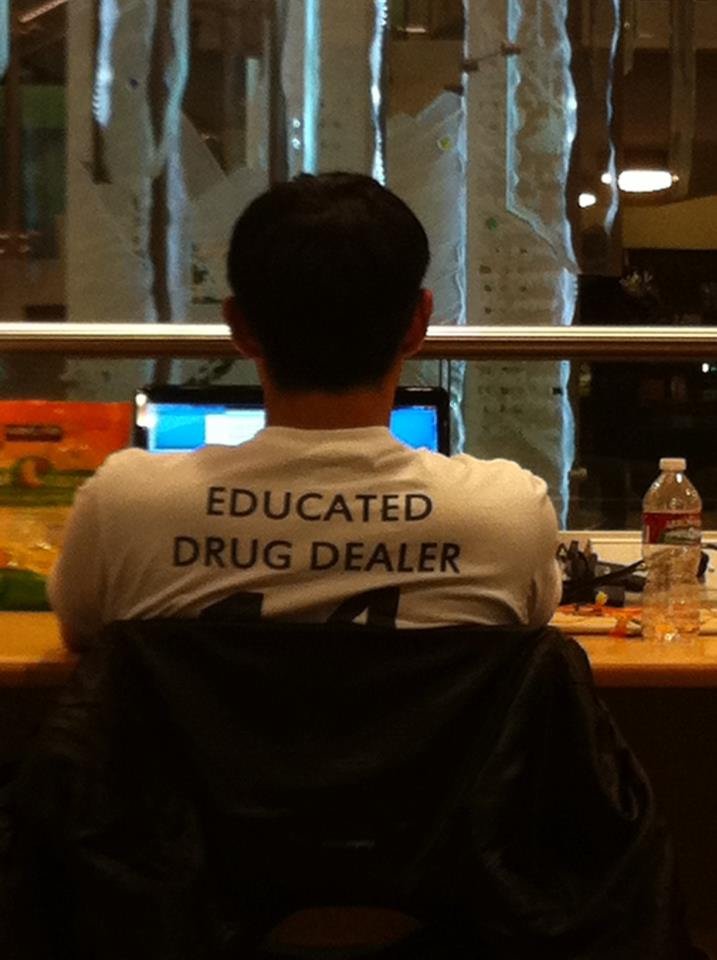If you design computer chips at Intel or web pages at Google, you won’t be tested. But if you drive a Samtrans bus or operate a crane for a construction company, you will be. At UC Berkeley, professors aren’t tested, but campus police officers are. The network company Cisco Systems doesn’t test; the construction company Cisco does. In many ways it’s a digital divide, with zero-tolerance for many blue-collar workers and a “don’t ask, don’t tell” policy among tech-savvy cubicle dwellers. And as marijuana is about to become more bountiful in the Golden State, the gap between increased toughness and greater acceptance will only increase. “I can’t think of a hotter issue in employment law right now,” said Christina Semmer, an employment lawyer with Wilson Turner Kosmo in San Diego. “A lot of employees are thinking ‘Hey, it’s legal, so I can smoke now and still show up for work.’ That’s not correct.” Proposition 64 explicitly permits “public and private employers to enact and enforce workplace policies pertaining to marijuana,” she said. So while use of marijuana is legal, your employer is not required to allow you to use it. Some employees are tested only once, before they are hired; others are tested routinely and randomly throughout the year. But as marijuana becomes more publicly acceptable, Semmer said, policies may become more flexible, except for federal contractors or employers whose workers could endanger public safety. Many Silicon Valley companies don’t do any drug testing because they worry that they’ll lose young talent in a tight labor market. “It affects recruitment and retention. In high tech, usage is so common that it is really hard to drug test, so most companies don’t,” said John Sullivan, head of the Human Resources Management Program at San Francisco State. “The companies who used to do it don’t, because it drove so many people away and doesn’t predict anything.” But testing is still critical for manufacturers, logistics firms, construction contractors and companies that employ a lot of drivers, pilots and other “safety sensitive” workers, or who have contracts with the federal government.
Uncategorized
Drug testing: Tech firms adopt ‘don’t ask, don’t tell’ stance on cannabis use
on November 24th, 2016
